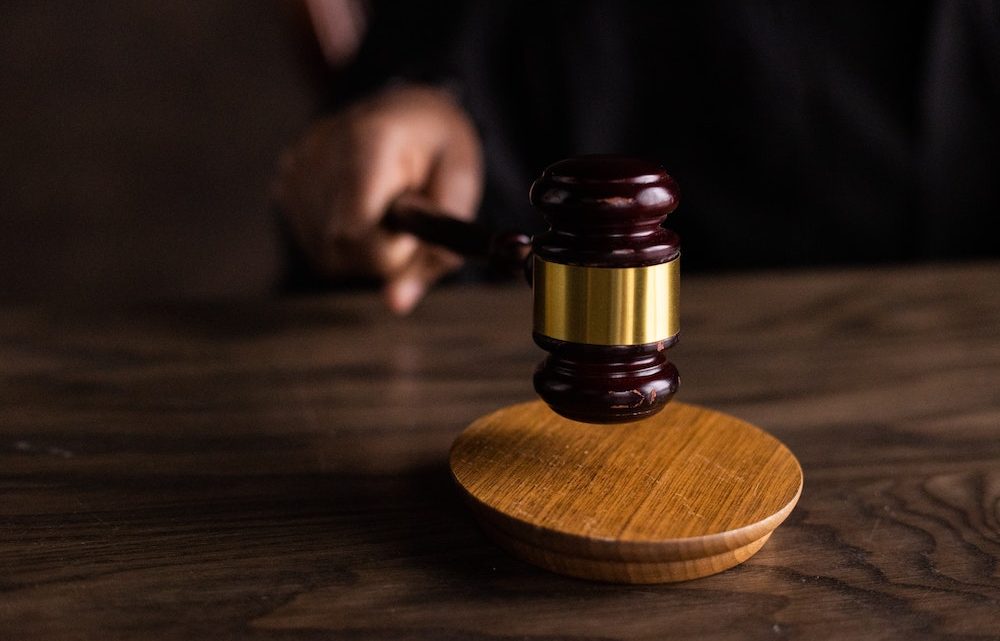After being charged with a crime, a person must come up with a legal defense if they plan to fight the charges. Whether the convicted criminal is innocent or guilty, there are many defenses that can be used in court to try and dismiss the charges. Criminal defense attorneys, like those at Anaya & Chadderdon, P.C., are aware of all possible defenses and can help someone who has been convicted come up with an appropriate defense.
Although it is best to let your lawyer determine the best defense, you can learn about eight potential defenses to criminal charges below.
Lack of Evidence
If there is no evidence of the crime, the defendant cannot be convicted. It must be proven that a defendant in a criminal case is guilty beyond a reasonable doubt, which requires conclusive evidence. The defendant is not required to take the stand, so the burden of proof lies completely with the prosecutor.
Alibi
One way that a defendant can prove their innocence is with an alibi, which means “in another place” in Latin. A defendant has an alibi if they can prove they were in another place at the time the crime was committed, and can back it up with evidence such as eyewitness testimony, video footage, or receipts and records.
Constitutional Violations
If during the process of arrest the police violated constitutional rights, it could lead to a dismissal of charges. Some examples of constitutional violations include failure to read Miranda rights, illegal search and seizure, and failure to obtain a warrant.
Insanity
While not nearly as common as it seems in the movies, insanity does get used very occasionally as a defense when applicable. One reason for its rare use is because the burden of proof falls on the defense to prove insanity. The defendant must take a test in cases like these, called the M’Naghten test, and can only be declared insane if results show they did not understand the nature of their act and the fact that it was wrong. The major risk in this defense is that it requires the defendant to admit to committing the crime, which could backfire if they are declared sane.
Self Defense
In cases of assault or some kind of violent crime, self-defense can be claimed. The defendant must have exerted a similar amount of force or violence in proportion to their attacker for this defense to be accepted. For example, a punch can be retaliated with a punch, but not with someone running you over with their car.
Mistaken Identity
Sometimes the wrong person is arrested. The mistaken identity could occur due to similar names, appearances, or circumstantial evidence. For example if you drive the exact same make and model of car as the real criminal, you could be falsely accused. Eyewitness testimony is famously unreliable, and can unfortunately lead to wrongful convictions.
Consent
If the victim in a case consented to the crime, then the defendant cannot be found guilty. For example, if someone gave their spouse permission to use their car, the car cannot be reported as stolen. Or in a game of contact sports, any physical contact has been consented to.
Statute of Limitations
Each state has statutes on how long after a crime an arrest may occur. It not only differs per state but per type of crime. Some serious crimes such as murder have no statute of limitations, but minor crimes like traffic violations may have as short as a one year statute. This is a technical defense that can dismiss a case filed too late.



No Comment